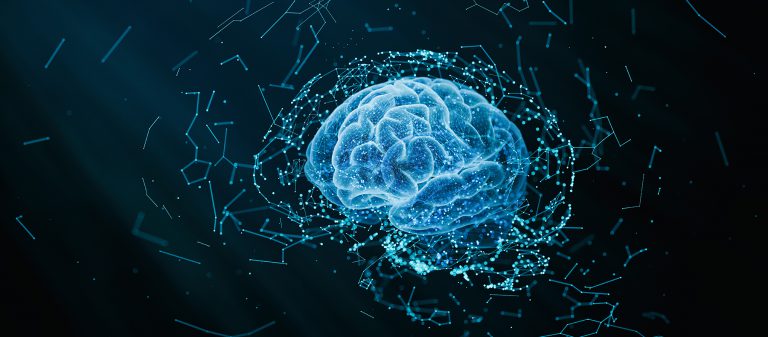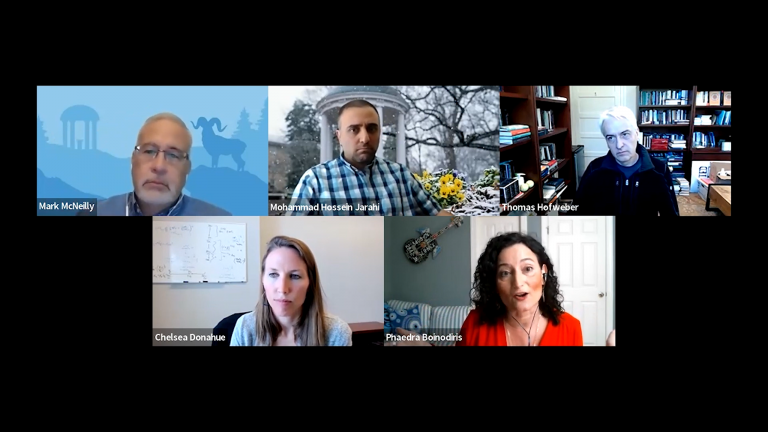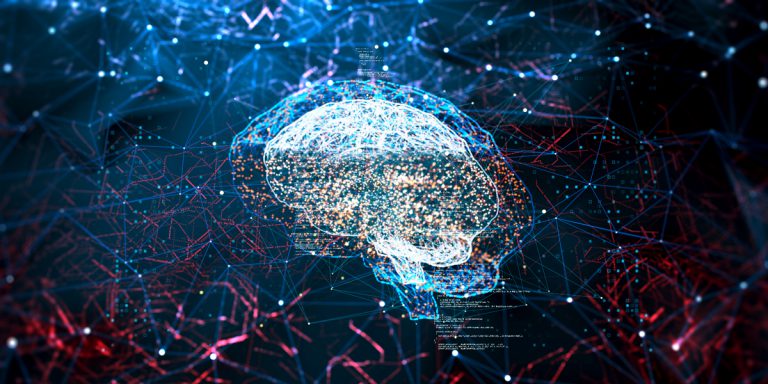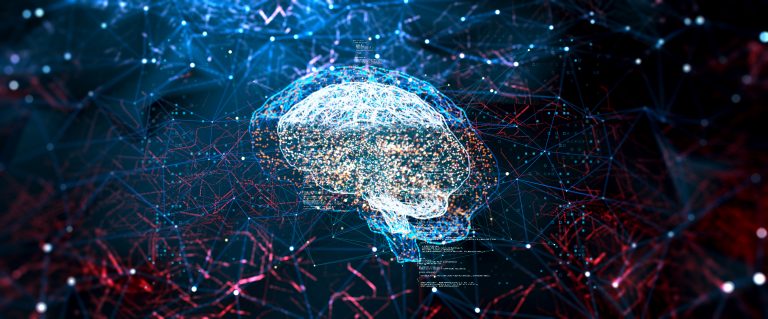As deep learning and big data increasingly shape modern artificial intelligence (AI) tools, it is essential to consider the broader impact of integrating AI into workplaces. While AI applications can optimize processes and improve productivity, their long-term effects on workers’ learning curves and overall performance are still underexplored. This paper investigates the intricate relationship between AI-enabled technology and workers’ learning dynamics through a large-scale randomized field experiment conducted on the Instacart platform.

Generative AI and Usage in Marketing Classroom
This article examines the role of Generative Artificial Intelligence (GenAI) in the context of marketing education, highlighting its substantial impact on the field. The study is based on an analysis of how GenAI, particularly through the use of Large Language Models (LLMs), functions. We detail the operational mechanisms of LLMs, their training methods, performance across various metrics, and the techniques for engaging with them via prompt engineering.
Building resiliency is essential for managing today's distinct risks, yet how do businesses develop the agility and adaptability that would make them more resilient? That's the focus of the 2024 Kenan Institute Grand Challenge.

Is AI the Answer to Lowering Healthcare Costs?
As healthcare costs continue to rise, many Americans are looking to artificial intelligence to provide cost-reducing solutions. At the 13th annual UNC Business of Healthcare Conference, a panel of experts separated the AI hype from reality in a discussion of the limitations, risks and ethical questions surrounding AI solutions in healthcare.

The advent of artificial intelligence (AI) tools necessitates the development of human skills that allow workers to use these new technologies to create value that AI tools cannot on their own.
Research from UNC Kenan-Flagler Finance Professor Eric Ghysels attaches explicit costs to a model’s classification errors, in this case concerning pretrial detention decisions, avoiding the one-size-fits-all symmetrical cost function of traditional machine learning.

ChatGPT and other generative AI programs can replicate much of the work performed across the knowledge worker class. This gives us a glimpse of what ever-more-powerful AI tools might be able to do, which is both exciting and, to say the least, unsettling.

Will Knowledge Work Survive ChatGPT?
A panel of industry and academic leaders discusses what ever-more-powerful generative artificial intelligence tools might be able to do.

UNC Kenan-Flagler Business School Professor Mark McNeilly discusses how ChatGPT and other AI tools will change the workplace - as well as how workers can best prepare themselves for these changes.
Fueled by the widespread adoption of algorithms and artificial intelligence (AI), the use of chatbots has become increasingly popular in various business contexts. In this paper, we study how to effectively and appropriately use chatbots in logistics, particularly in dispatching freights automatically.





A New Model to Leverage the Impact of ChatGPT and AI
As generative AI tools embed themselves into everyday society, all of us are trying to understand their short- and long-term impact on organizations. The Technology Applications and Implications Model can help.